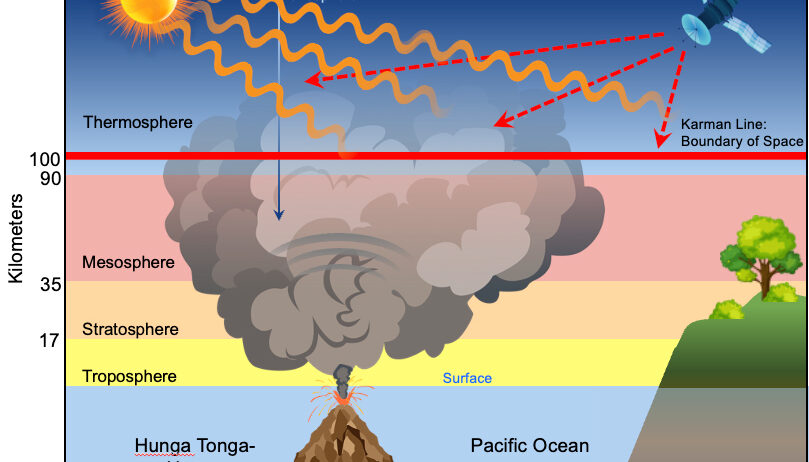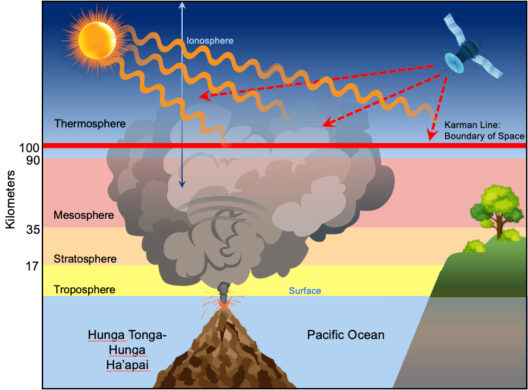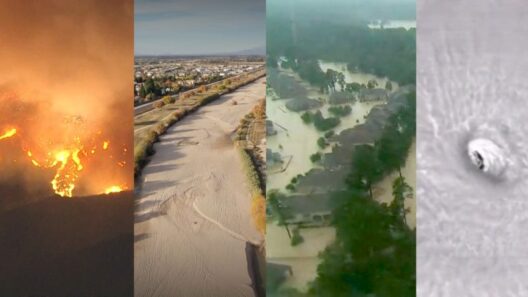Climate change is often perceived through a narrow lens—diminishing ice caps, increasingly severe weather patterns, and the plight of endangered species. Yet, beneath these surface-level observations lies a profound and complex challenge: the economic ramifications of inaction. By 2050, the global economy could incur an astounding cost of $7.9 trillion due to climate change effects. This figure serves not only as a stark warning but also as a critical call to proactive engagement across various sectors. Understanding how climate change impacts the economy necessitates a comprehensive exploration of its multifaceted repercussions.
The intricate relationship between climate and economy can be dissected into several key areas: natural disasters, agricultural disruptions, healthcare costs, infrastructure strain, and the broader socio-economic implications. Each area illustrates how the economic impacts of climate inaction are not merely hypothetical, but are, in fact, already in motion.
Firstly, natural disasters have become increasingly frequent and severe as climate change accelerates. Hurricanes, wildfires, floods, and droughts are manifestations of a warming planet, leading to devastating consequences. The fiscal implications of these disasters are staggering; recovery efforts cost billions, as evidenced by the extensive damage inflicted by recent hurricanes in the U.S. alone, which leads to inflated insurance payouts and unanticipated costs for governments. Moreover, the economic losses due to disrupted businesses can escalate rapidly, undermining local economies and leading to increased unemployment rates.
Secondly, consider the agricultural sector, which is profoundly susceptible to climate fluctuations. Changes in precipitation patterns, increased temperatures, and the proliferation of pests and diseases threaten crop yields. Agriculture is fundamentally adaptive; however, it requires time and resources to adjust to changing climate conditions. Inadequate adaptation can lead to food shortages, price hikes, and ultimately, food insecurity globally. The economic toll becomes apparent not only through increased food prices but also through losses in productivity and heightened strain on social safety nets.
Healthcare costs also constitute a pivotal dimension of the economic impact induced by climate change. As temperatures rise, we witness the spread of vector-borne diseases such as malaria and dengue fever, resulting in elevated healthcare expenditures. Furthermore, heat-related illnesses become more prevalent, disproportionately impacting vulnerable populations. The economic burden of rising healthcare costs can be monumental, draining resources that could otherwise be allocated to vital public services or infrastructure.
The strain on infrastructure provides another insight into the economic costs of inaction. Current public infrastructure—roads, bridges, and public transportation—was not designed with the ramifications of climate change in mind. Increasingly frequent flooding and extreme weather events can lead to infrastructure degradation, necessitating costly repairs and improvements. Cities and local governments may face financial ruin if they fail to adapt their infrastructure to withstand new climate realities. The modeling of future scenarios presents a daunting picture; it can cost billions in preventable expenditures if proactive measures are not enacted promptly.
In the context of economic disparity, climate change compounds existing inequalities. Low-income populations often lack the resources to prepare for and recover from climate-related disasters. Moreover, they are disproportionately affected by the health issues that result from environmental degradation. This inequity fosters social unrest and can lead to civil strife, further destabilizing economies. The costs of exacerbated social tensions are often overlooked but can include increased law enforcement expenditures, public health crises, and diminished worker productivity. The interplay between climate-induced economic strain and social issues must be meticulously addressed to create enduring solutions.
As we navigate the intersection of climate change and economics, it becomes clear that the implications of inaction are far-reaching and interconnected. Transitioning to a low-carbon economy presents a viable alternative to mitigating these costs. Investments in renewable energy sources can yield not only environmental benefits but also an abundance of economic opportunities—job creation in new industries, revitalization of local economies, and stimulation of technological innovation. Furthermore, by adopting sustainable practices, industries can reduce their long-term operating costs and enhance resilience against climate-related disruptions.
Moreover, fostering an economic environment that values sustainability entails recognizing the intrinsic worth of natural capital. Ecosystems provide vital services that underpin economic activity, from pollination of crops to water purification. By preserving these ecosystems, societies can safeguard their long-term economic stability. Fiscal policies that incentivize environmentally friendly practices, such as carbon pricing and subsidies for renewable energy projects, can catalyze this necessary transition.
Ultimately, addressing climate change requires a multifaceted approach, entailing collaboration across sectors and an unwavering commitment to actionable change. Each delay in addressing climate issues increases the costs borne by future generations. The once theoretical economic repercussions now illustrate tangible impacts on daily lives. The initial observation of climate change may hold a fascination rooted in environmental concern, but upon deeper reflection, it unveils an alarming economic reality.
As the world grapples with the consequences of climate change, the path forward must prioritize an understanding of its intricacies. The staggering projected costs of inaction underscore the necessity of economic resilience and adaptability. Inaction is not merely a passive failure; it is an active choice with far-reaching and detrimental consequences. Economies are intrinsically linked to their environmental contexts, and as stewards of the Earth, our choices today will resonate through time, shaping the economic landscapes of tomorrow.






